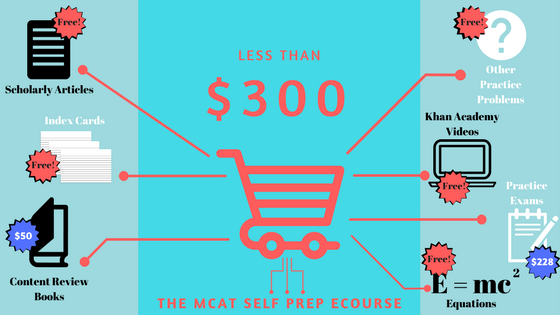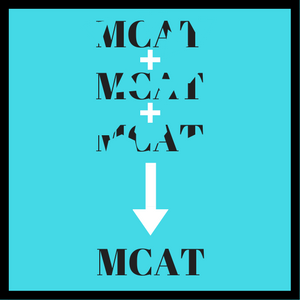Everyone has this perfect image of how fun medical school is when they enter. You daydream about working with patients and saving lives from your first year, but the reality is, medical school is a giant obstacle race. Many people say that it is a marathon, but I do not think that this is accurate. A marathon requires you to be a good runner. Marathon training is gruesome and tiring, but the focus is on increasing your mileage until you feel confident that you can achieve the 26.2 miles on race day. Obstacle race training, on the other hand, is a little more dynamic. You must train yourself to be able to handle the long mileage of running the course, but you also have to develop your body and mind to conquer obstacles requiring strength, agility, strategy, and overall grit. In my drawn-out analogy here, obstacle race training is the “preparing to apply for medical school” stage and the actual application and interview seasonCon is the beginning of your long obstacle race that ends with a medical degree. I will come back to these two points, but first I would like to elaborate on why medical school is an obstacle race.
How to Choose Your Dental School
April showers bring May flowers, and May flowers into a summer of applications for dental … Read more












 necessarily the students who spent the most money on a prep course. In actuality, top scorers use a variety of low-cost resources. And this actually makes perfect sense. Think about it. Every MCAT prep company has a single (likely slightly inaccurate) perspective regarding the most important concepts to know for the MCAT. By preparing using a variety of materials, you will gain several perspectives on the material, which when combined together provide you with a much more accurate picture of the MCAT.
necessarily the students who spent the most money on a prep course. In actuality, top scorers use a variety of low-cost resources. And this actually makes perfect sense. Think about it. Every MCAT prep company has a single (likely slightly inaccurate) perspective regarding the most important concepts to know for the MCAT. By preparing using a variety of materials, you will gain several perspectives on the material, which when combined together provide you with a much more accurate picture of the MCAT.

